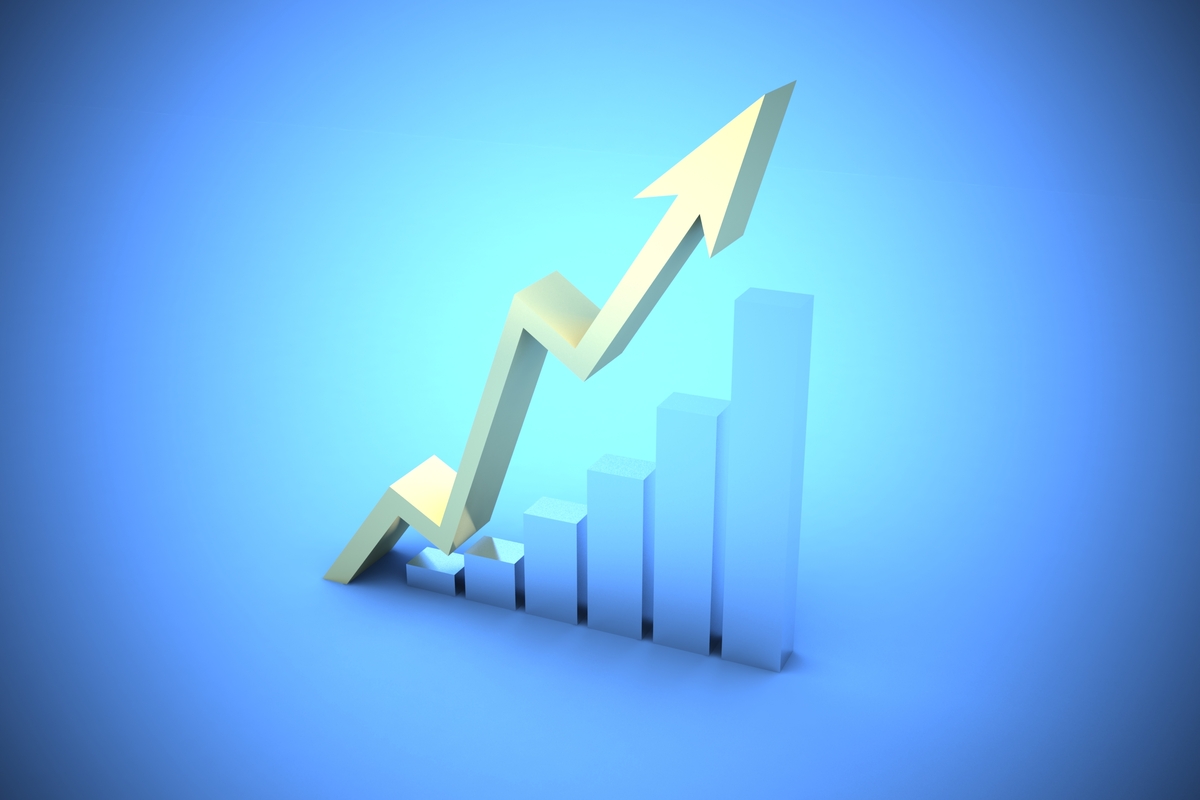

Home price appreciation: What’s “normal” and what’s ahead?
If you buy a house, how much will you be able to sell it for?

Of course, there’s no easy answer to this question. Most people who buy property hope to sell it for more than they paid to acquire it.
Many factors impact home price appreciation, including housing supply and demand, location, property condition and the economy.
And “normal” appreciation is difficult to define, because average rates often don’t reflect the realities of local markets.
What is appreciation?
Appreciation is an increase in the value of a property over time.
As an asset, real estate has the potential to increase in value, or appreciate. Appreciation may be due to many factors, such as an increase in housing demand, improvements made to a property, positive changes in a home’s surrounding neighborhood or city, and inflation.
The reverse can also happen. A property may decrease in value, or depreciate, over time. This may be caused by excess supply, lack of demand, deflation or other reasons that take away from the value of the property.
When looking at appreciation over the past year, Trulia tells us that home prices were up 8 percent nationally, year over year. This is a slight drop from the previous year, when prices were up nearly 10 percent.
While the overall trend in appreciation is slowing, home prices are still projected to go up in most US markets.
What is “normal” appreciation?
Research by Zillow shows that housing markets historically appreciated at about 3 percent per year.
Its national housing forecast shows appreciation rates ranging from under 2% in some markets, to over 10% across the US.
It’s important to note that home price appreciation varies widely from city to city. Recent data from the Case-Shiller Home Price Indices show that homes posted annual gains of over 10% in the past year.
However, those gains look very different at a regional level. For example, Las Vegas and San Francisco had one year price changes over 18%, while Charlotte saw modest annual price increases of 4% and Cleveland had only a 2% change.
On a month over month basis, the five cities of Atlanta, Boston, Chicago, San Francisco and Seattle all showed home price gains of 2% or more.
Are these gains normal? We view recent trends in double-digit appreciation as the result of home prices recovering value lost in the aftermath of the housing bubble. As homeowners and investors who’ve owned property over many years, we benefit from appreciating prices, but we know consistent, predictable appreciation is typically not the norm.
It’s also important to note that these rates use historic data, and they don’t show what’s ahead.
What’s next?
While Zillow declares there’s “no true, universal ‘normal’ rate of appreciation” for the housing market, it expects appreciation to moderate over the next five years.
Overall, industry experts surveyed for its research predicted appreciation of 3.8% in 2015 and 3.3% by 2018.
And although year-over-year housing trends have been strong, the housing market as a whole remains fairly flat.
Fed Chair Janet Yellen recently told a Senate Committee, “The housing sector, however, has shown little recent progress. While this sector has recovered notably from its earlier trough, housing activity leveled off in the wake of last year’s increase in mortgage rates, and readings this year have, overall, continued to be disappointing.”
Bottom line: Don’t bank on appreciation
If you buy real estate primarily for its appreciation potential, make sure you can comfortably cover property expenses in both up and down markets.
At the height of the real estate bubble, many investors purchased property primarily for its anticipated future value, not for its ability to generate positive net cash flow.
“If you’re not buying it for the long haul, don’t buy because there’s a good chance you’ll have to sit through some down cycles. But when it goes, it’s very nice,” says noted economist Karl “Chip” Case.
My own investment philosophy is to focus on purchasing properties that have the potential to appreciate, while also creating positive net cash flow. While this is a subjective measure, I evaluate investment property based on its present value, condition, neighborhood trends, location, cash flow and internal rate of return.
I’ve looked at neighborhoods with properties that may cash flow well initially, but have limited appreciation potential based on neighboring homes and historic price trends. My challenge is to quantify investment potential without speculating on appreciation.
What do you look for? We’d like to hear from you.
© 2014 VelaView LLC. Originally published on velaview.com

Comments